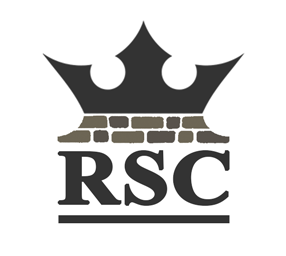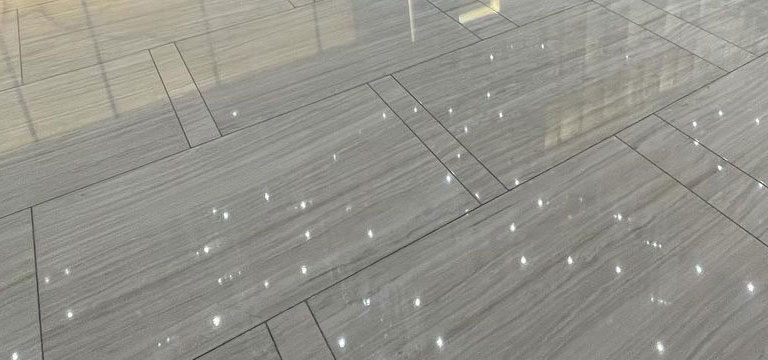Granite is a natural stone that’s well known for its elegance and longevity. And it has a distinct pattern of small flecks of different coloured minerals. One option for steps inside and out which you may not have considered is ‘rough’ granite. This comes in various colours and textures, and strongly resists the chipping and cracking of wind, cold and rain.
However, you still need to look after this stone properly, no matter its ability to handle the worst of the weather. So here are some tips to help:
Routine maintenance and care
Every week, sweep up dirt and debris and rinse with clean water. Use extra-fine steel wool to buff away water marks. Also, you may notice white powder which is the mineral salts rising from beneath the surface of the stone and evaporating. Just dust this away.
And always remove rainwater, ice and any snow from your steps as quickly as possible after it appears. (Clearly this is also a safety consideration.)
Patio and pool areas
Are you lucky enough to have a pool, hot tub or patio area at your home or other premises? You need to keep an extra eye out for moss and algae. So flush the steps with fresh water regularly. You can also tackle these growths with a solution of ammonia or hydrogen peroxide in a bucket of water. But don’t include anything bleach-based. That’s because it will combine with the ammonia to form a toxic gas – equally, remember to rinse thoroughly after cleaning.
Removing stains
It’s a porous surface, so rough granite, in common with other natural stones, can be vulnerable
to staining. And if the mark is oil-based, it will need to be chemically dissolved with acetone, ammonia or mineral spirits and thoroughly rinsed. Organic spots like food, leaves or bird droppings typically fade with the weather over time. But if you’ve spilt some fresh paint, remove it with paint thinner. If it has dried on, you could scrape it off with a razor blade.
Rust is another potential and common problem. You can solve it with poultices available from specialist firms.
What not to use on rough granite
Don’t use acidic cleaners (such as products for use in the bathroom, for example), grout or tile cleaners, or abrasive preparations. These could etch your stone.
Should I seal my rough granite steps?
As mentioned, granite is a porous stone and so can absorb liquid. So sealing can be very helpful. Consider using impregnators, or water or solvent-based solutions which get right into the stone and repel moisture and oil. However, any moisture still within the stone can escape, so that you don’t get a damaging ‘freeze and thaw’ cycle.
Talk to us
If this all sounds somewhat complicated, call in the professionals to care for your rough granite stairs. At Royal Stone Care, covering the entire area for commercial and domestic clients, we’re expert in granite stain removal and granite chip repair in London. Get in touch for a free quote and to learn more about our professional, friendly service.

